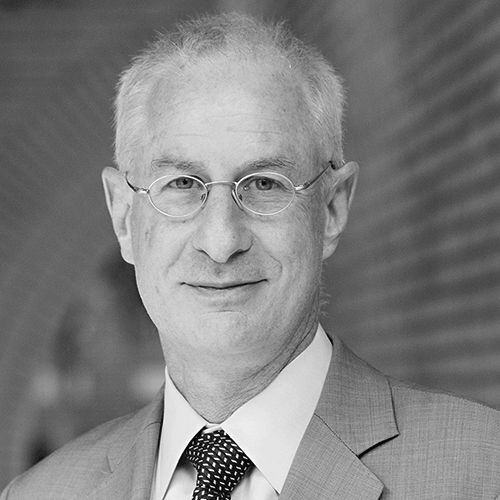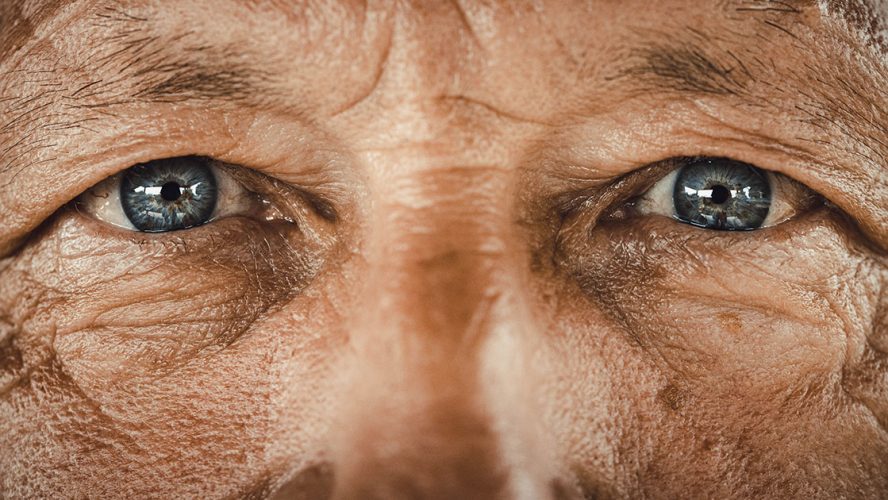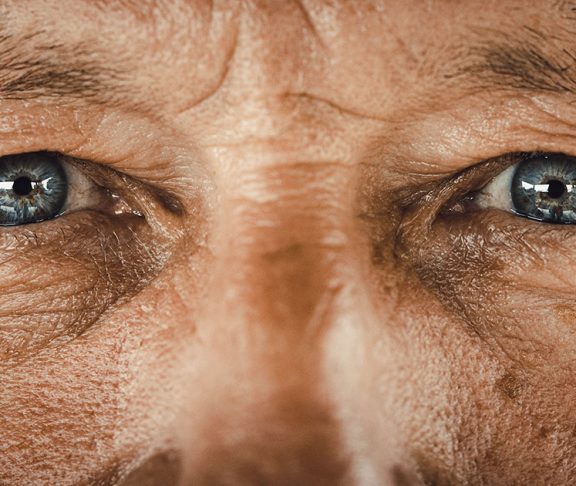When it comes to improving how we live and age, gerontologists are creating the future. Pinchas Cohen, M.D., dean of the University of Southern California’s Leonard Davis School of Gerontology, discusses the many opportunities in this solutions-oriented field.

Pinchas Cohen, M.D.
Dean, University of Southern California’s Leonard Davis School of Gerontology,
Why should students be excited about pursuing a career in gerontology?
Gerontology is a growing field that provides opportunities for students to pursue careers that are both meaningful and in high demand. Gerontologists can contribute to improving society while following a lucrative career path.
More people are living longer than any other time in our history. By 2050, it is predicted that 21 percent of our population will be 65 or older. Most any industry you can think of, especially the field of technology, will want to provide products and services to this growing demographic, and the people who care for them.
Consider the potential that artificial intelligence holds for those who want to age in place. Think about what robotics can do to make every day household chores easier for older adults and their caregivers. Virtual reality can be adapted for use in entertainment, recreation, and even therapy. Much of this technology already exists and is already in use by older adults, but this is just the beginning.
With the help of a gerontologist, many of these technologies can be enhanced in order to better serve the needs of older adults, and make products and services even more attractive and useful to older people and their families.
We are just beginning to understand the utility of emerging technologies like 5G, blockchain, and quantum computing will have on our health care, service delivery and financial systems much less their applications for older people. Emerging technologies will make it safer for older adults to conduct financial transactions, seek confidential healthcare options and find social support online.
If our experience with the internet has taught us anything, it is that it can be used for great good or possibly for exploitation and criminal activity. We need to always be mindful that the safety and security of older adults is paramount.
One thing we can be sure of: there will be a role for gerontologists to advise and consult in every one of these areas and in others that haven’t even been dreamed up yet. This diverse range of directions and the opportunity to make an impact are just part of what makes the field so exciting.
How has the landscape of the gerontology field changed within the past year?
We have seen enormous changes in many of the organizations that serve older adults. Certainly COVID-19 has had a devastating effect in the senior community. Gerontology has responded by creating training and education related to the best responses to managing a rapidly spreading virus, and turning to research that will provide us greater insights into why this virus is particularly dangerous for older adults.
We have seen rapid advances in technologies and are watching them be applied to provide a higher quality of life to older adults, and to assist those who care for them.
We’ve also seen a big increase in government funding for research and healthcare that will benefit older adults, and in students wanting to contribute to society by helping the senior community.
Do you have any predictions for the field will continue to evolve as the population ages at the same time as a global pandemic?
We are going to see an increasing emphasis on sectors devoted to improving health and well-being for older adults, and technological advances will continue to be a key driver in our field.
Sensors will allow the remote monitoring of an ever-widening array of health conditions. Online communities and better-designed user interfaces will provide much needed social support and connection. Remote work and flexible schedules will increase our ability to address caregiving needs. Improvements in voice-activated virtual assistants, telemedicine delivery systems, and driverless car services will make it easier for older adults to remain independent and connected to their communities.
On the biomedical front, I think we will see more investment in immunology and immunological therapeutics, in efforts to produce more effective vaccines and in interventions driven by what I call personalized-aging, which is a data-driven approach to delaying the aging processes by leveraging technology to uncover each person’s unique genetic blueprint, and using that to inform the design of individualized prevention and treatment strategies.
On the housing front, this pandemic has only reinforced older adults’ well-documented preference to remain in their homes as they age. This is going to open up the gerontology landscape in terms of tremendous opportunities around the design and delivery of products and services that allow people to be safe and connected in their homes.
We will need gerontologists to be part of each step of the process of identifying needs and creating, providing, and evaluating innovations to ensure they are successful in their aims of improving the lives of older adults and those who care for them.
What inspired you to get involved in this industry?
I was, and am, inspired by the opportunities of aging. As a physician and scientist, this field provides opportunities to advance therapies and interventions that can prolong our years of good health, and keep disease and decline at bay. On a societal level, there are opportunities to promote how to age well, and to shine a light on the ways older adults can and do contribute to making our world better for current and future generations.
My inspiration also comes from the limitless potential I see in gerontology. While there is nothing new about aging, the field of gerontology is relatively new and yet it is now connected to every discipline, industry, and individual. We all want to live and age well, and gerontology drives the discoveries that are helping us get there. I can’t think of anything more inspiring, and rewarding, than that.



